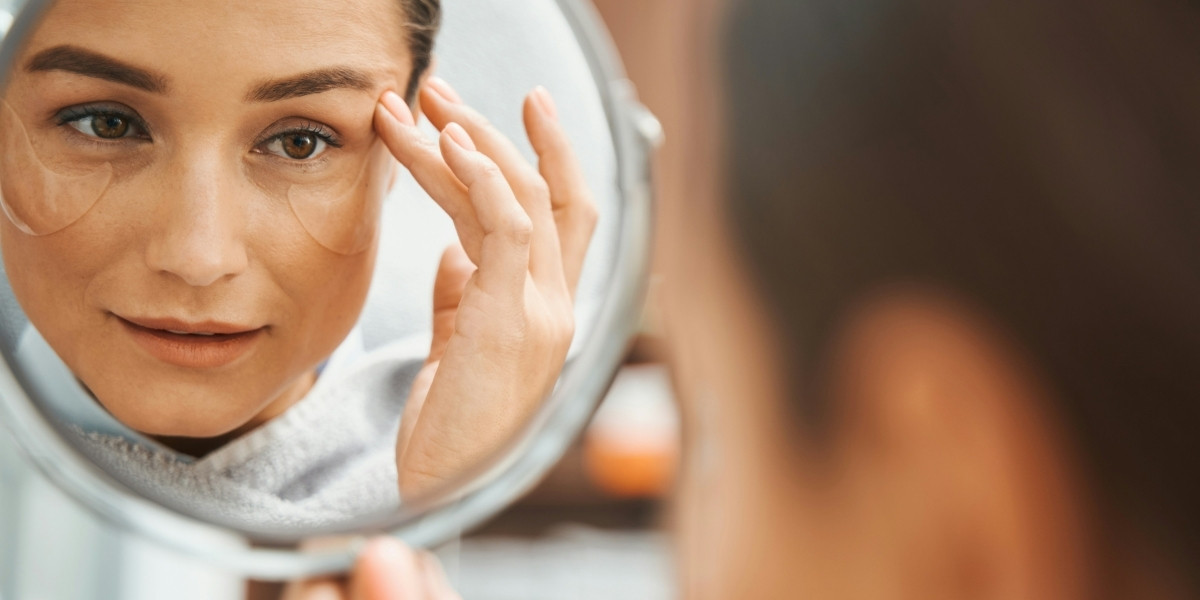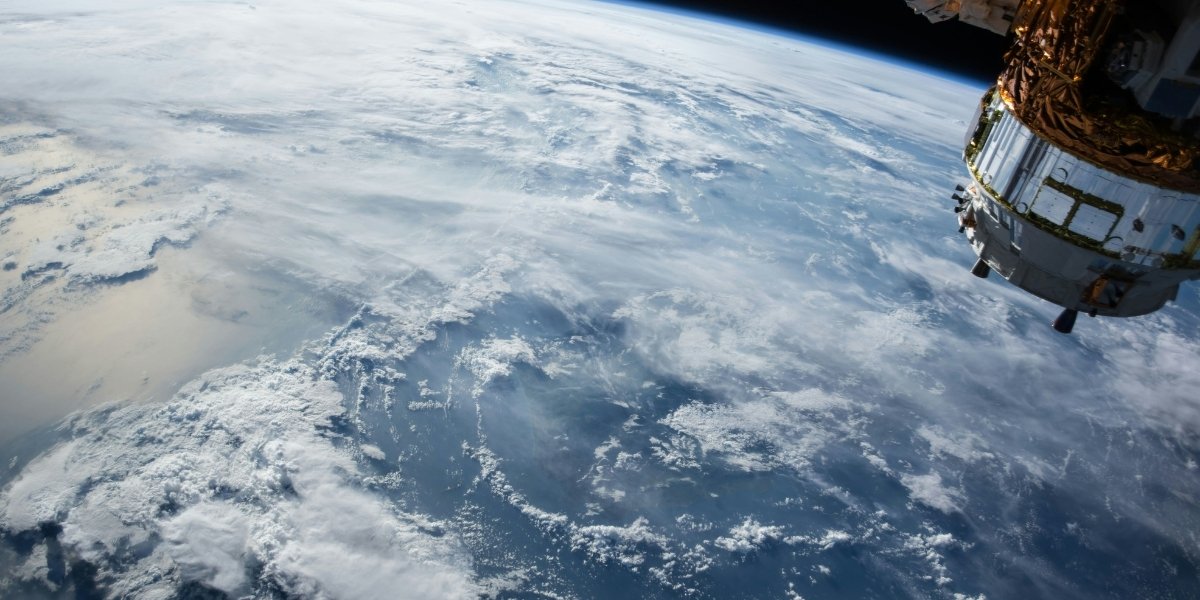In recent years, the concept of “water therapy” for weight loss has become a popular trend, with claims that simply drinking more water can lead to significant reductions in body weight. The idea is enticing — after all, water is essential to every bodily function, so could it be the secret to shedding those extra pounds? This pillar aims to critically examine the science behind these claims, while also addressing the potential exaggerations and limitations of water as a weight-loss tool. By exploring both the physiological effects of hydration and the various “water therapy” protocols, we will clarify the role that water can play in weight management.
Read Also: How to Choose Scenic Destinations for Travel Photography
The Science of Hydration and Metabolism
Water plays a central role in nearly all metabolic processes, so it stands to reason that increased water consumption could influence calorie burning and fat oxidation. Studies suggest that hydration may temporarily boost metabolic rate, a process known as diet-induced thermogenesis (DIT), which is the increase in energy expenditure after consuming food or drinks.
A study published in the Journal of Clinical Endocrinology and Metabolism demonstrated that drinking 500 ml of water can increase metabolic rate by up to 30% for about 30-40 minutes. This boost in metabolism is thought to occur due to the body’s need to process the water, which increases heart rate and energy expenditure slightly. However, while this effect is interesting, its long-term impact on weight loss is still debated.
Calorie Burning and Fat Oxidation
Drinking cold water is particularly believed to increase calorie burning, as the body expends energy to warm the water to body temperature. But, despite the potential thermogenic effect, the impact on weight loss is minimal, amounting to only a few extra calories burned per day. The evidence remains inconclusive, and while staying hydrated can improve metabolic efficiency, relying on water alone for significant weight loss would not be effective.
Water as an Appetite Suppressant
One of the most common claims about water therapy is that drinking water before meals can act as an appetite suppressant. The logic behind this claim is simple: consuming water fills the stomach and can create a feeling of fullness, thus reducing the overall quantity of food consumed.
The Physiological Mechanism
When you drink water, it temporarily stretches the stomach, which signals to the brain that you’re full. This can lead to a reduction in food intake, especially in those who tend to eat large portions. Some studies suggest that drinking water before meals can indeed reduce calorie consumption, potentially contributing to weight loss over time. One study published in Obesity (2008) found that participants who drank water before meals consumed fewer calories and experienced more significant weight loss than those who did not.
However, it’s important to note that the effect of water as an appetite suppressant is modest. For lasting weight loss, it needs to be combined with other strategies, such as a balanced diet and regular physical activity.
Water and Waste Elimination
Adequate hydration supports kidney function and helps in the elimination of waste products from the body, which can contribute to feeling less bloated. While drinking water doesn’t directly lead to fat loss, it does assist in flushing out excess sodium and toxins, which can reduce water retention and bloating.
The kidneys filter waste and excess fluids from the blood, turning them into urine. Drinking enough water helps keep this process efficient, ensuring that the body isn’t overloaded with waste that could lead to discomfort, bloating, or fluid retention. Proper hydration can also boost energy levels, reduce fatigue, and prevent feelings of sluggishness associated with dehydration.
Bloating and Water Retention
It’s common to feel bloated if you’re not drinking enough water. Interestingly, when you’re dehydrated, your body tends to hold onto water in an attempt to conserve resources. By staying hydrated, you can help reduce this bloating, but it’s important to differentiate this from actual fat loss, as water retention is not the same as shedding fat.
The “Water Therapy” Regimen
The concept of “water therapy” often involves specific protocols, such as drinking a set amount of water at particular times throughout the day, or even drinking large amounts of water in a short time. Some proponents recommend drinking one liter of water upon waking up, while others suggest gradually increasing water intake throughout the day. However, it’s important to evaluate the scientific merit of these regimens.
The Science Behind Water Timing
There is no conclusive evidence to suggest that specific timing of water intake has a significant impact on weight loss. Drinking water at any point throughout the day will help keep the body hydrated, which is the key to maintaining metabolic function. However, drinking large quantities of water in one sitting or at specific times, as some “water therapy” regimens suggest, could potentially lead to water intoxication or hyponatremia (low sodium levels), which can be dangerous.
Distinguishing Water’s Role from Other Factors
While water is essential for overall health, it should not be seen as a magic bullet for weight loss. It’s important to acknowledge that diet, exercise, and lifestyle habits play much larger roles in achieving and maintaining a healthy weight.
Water can certainly be a supportive tool in a weight management plan, but it cannot replace nutritious eating and regular exercise. It can reduce appetite, aid in digestion, and help the body function at its best, but weight loss fundamentally depends on creating a calorie deficit, where the number of calories burned exceeds the number of calories consumed.
Potential Benefits Beyond Weight Loss
While the primary focus of “water therapy” is weight loss, there are many other benefits to staying hydrated. Adequate hydration supports energy levels, cognitive function, and skin health. Drinking sufficient water helps improve focus, reduces headaches, and can even promote clearer skin by helping flush toxins from the body. These indirect benefits contribute to an overall healthier lifestyle, which can, in turn, support weight management.
Debunking Myths and Exaggerations
Many claims surrounding “water therapy” are based on anecdotal evidence rather than rigorous scientific studies. While water plays an essential role in overall health, the idea that it alone can result in significant weight loss is largely exaggerated.
Some common myths include:
-
Drinking more than 3 liters of water per day will accelerate fat loss.
-
Water fasting can replace a balanced diet for weight loss.
-
Drinking water at specific times of day can dramatically increase metabolism.
While these myths are appealing, they do not align with the scientific evidence available. Water is an essential part of a healthy lifestyle, but it must be paired with a well-rounded approach to diet, exercise, and recovery for effective weight management.
Read Also: Maximize Your Grocery Store Visit with Smart Tips
The concept of “water therapy” for weight loss certainly has its merits, especially when viewed as part of a broader health and wellness strategy. While staying well-hydrated can support metabolism, reduce appetite, and help eliminate waste, it is unlikely to produce dramatic weight loss results on its own. A holistic approach that combines water consumption with proper nutrition, regular physical activity, and adequate rest is the most effective way to achieve lasting weight management.
In the end, water should be seen as a supportive tool in a comprehensive health plan, rather than a cure-all for weight loss. Staying hydrated is an important part of living a healthy lifestyle, but weight loss ultimately depends on consistent effort in all aspects of fitness and well-being.





